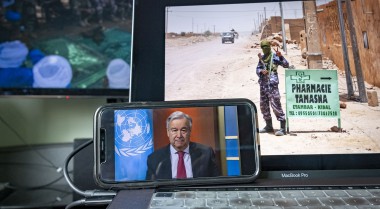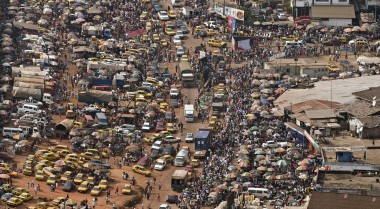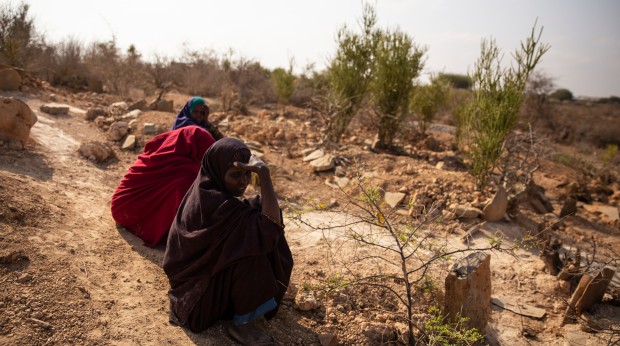
Conflict, Climate Change and COVID-19: The Complexities of Somalia - an interview with Somalia’s CSPPS Member IIDA
For the fourth article in this series, the Secretariat of the Civil Society Platform for Peacebuilding and Statebuilding (CSPPS) uncovers part of the complexities of the Somali situation, involving ongoing conflict and the climate crisis under an added layer of the corona pandemic. We had the opportunity to speak with Ms. Hibo Yassin, CSPPS Focal Point and Executive Director of IIDA Women’s Development Organization in Somalia, who shared her on-the-ground perspective of the complex Somali situation in light of COVID-19.
Ms. Yassin emphasises how in Somalia, with so many people that have lost their homes and livelihoods, amidst an ongoing civil war, social distancing is an unobtainable feat. How does one wash their hands, and remain at an acceptable distance, if the camps for the internally displaced are crammed, makeshift shelters with little to no sanitation and with limited access to the most basic services?
Like in many other fragile and conflict-affected countries, COVID-19 is also quickly becoming an issue of human rights, injustice, and gender-based violence. Somali journalists are facing threats, intimidation and violent attacks for their coverage of the pandemic, and as the justice system is frail, human rights abuses can easily spike. Equally so, women will become victims of domestic and sexual abuse even more easily, as they are confined to their homes and are quickly losing their financial independence due to lockdown-related measures.
“People are working in areas that are very dangerous”, people fight over land, both because they lose access to it due to the ongoing civil war, as well as the consequences of the recurrent floods and droughts. They struggle to survive. Particularly, the fight and occupation of al-Shabaab in the area is not helping. We are faced with continuous clashes between this jihadist fundamentalist group, the Somali National Army, and the African Union Mission in Somalia, and too many people are losing their lives. The conflict is still there."
In his address on Earth Day on 22 April, UN Secretary-General António Guterres pointed out how deforestation, illegal wildlife trade, climate change and other anthropogenic alterations to nature affect our habitat and increase the chances of transmission of zoonotic diseases (diseases that are transferable between animals and humans), as has happened with COVID-19. Humanity and its living environment are inextricably interlinked. All at once, “we must act decisively to protect our planet from both the coronavirus and the existential threat of climate disruption.”
Read here the fourth article "Conflict, Climate Change and COVID-19: The Complexities of Somalia" from the series CSPPS and COVID-19 Coordinated Response to Support Local Action.




